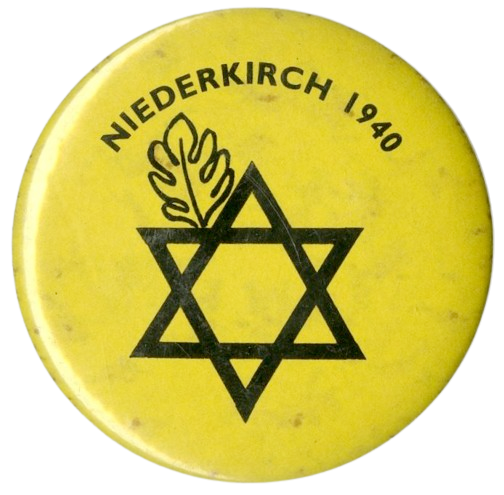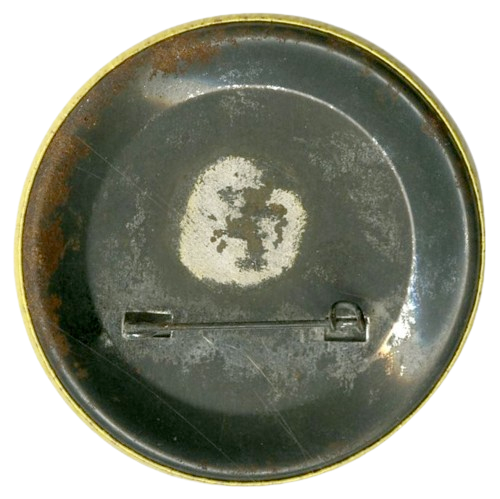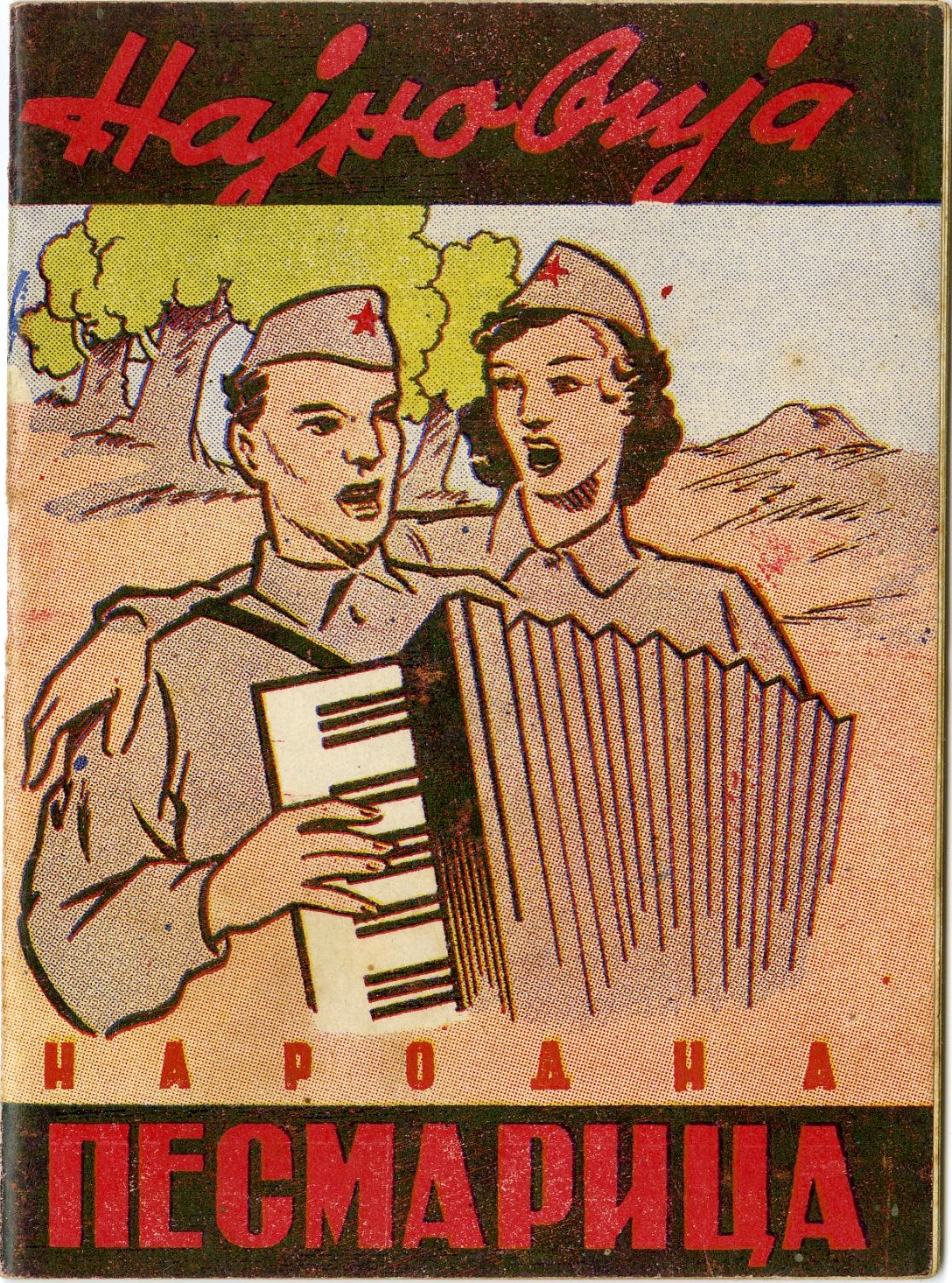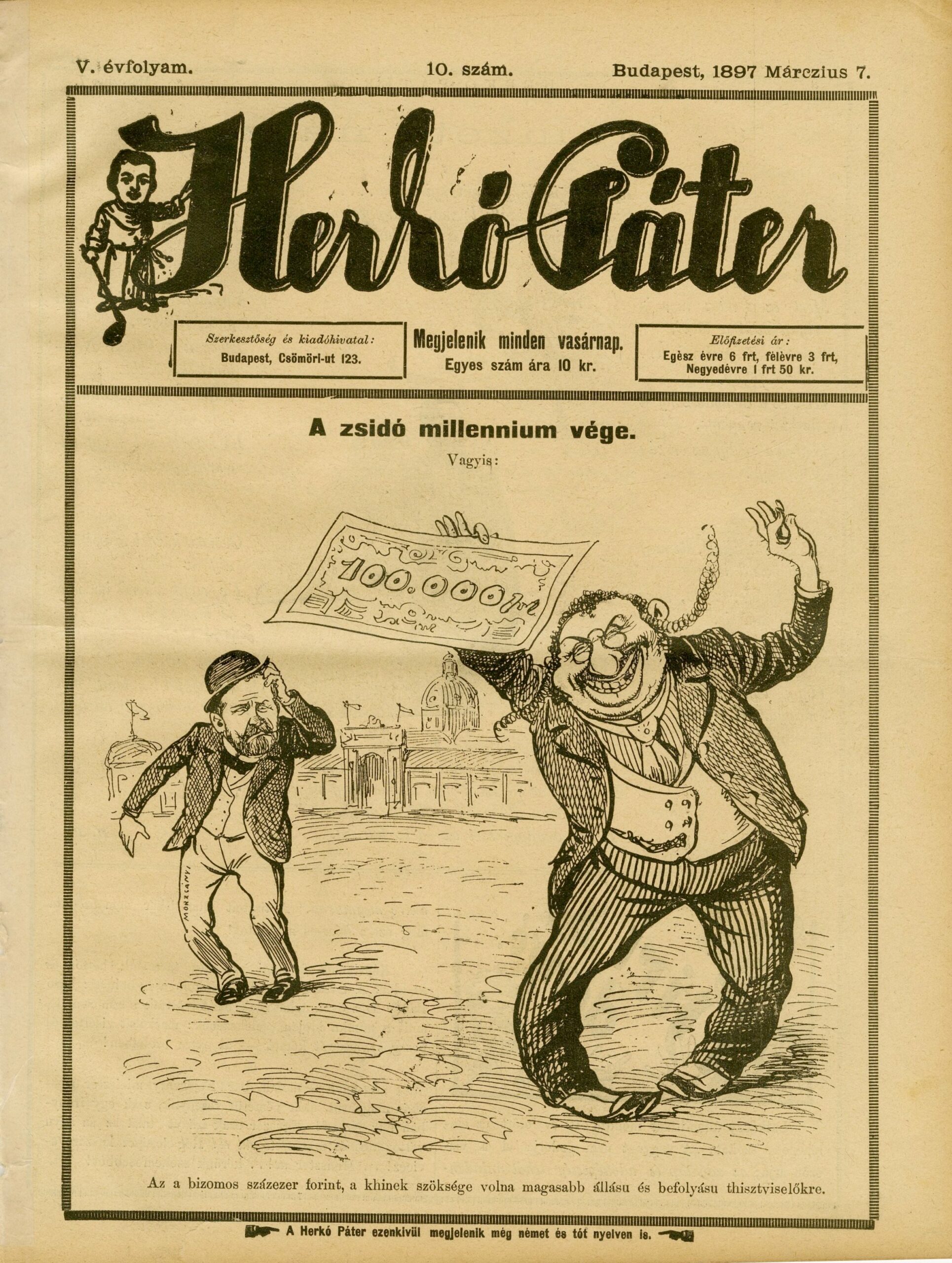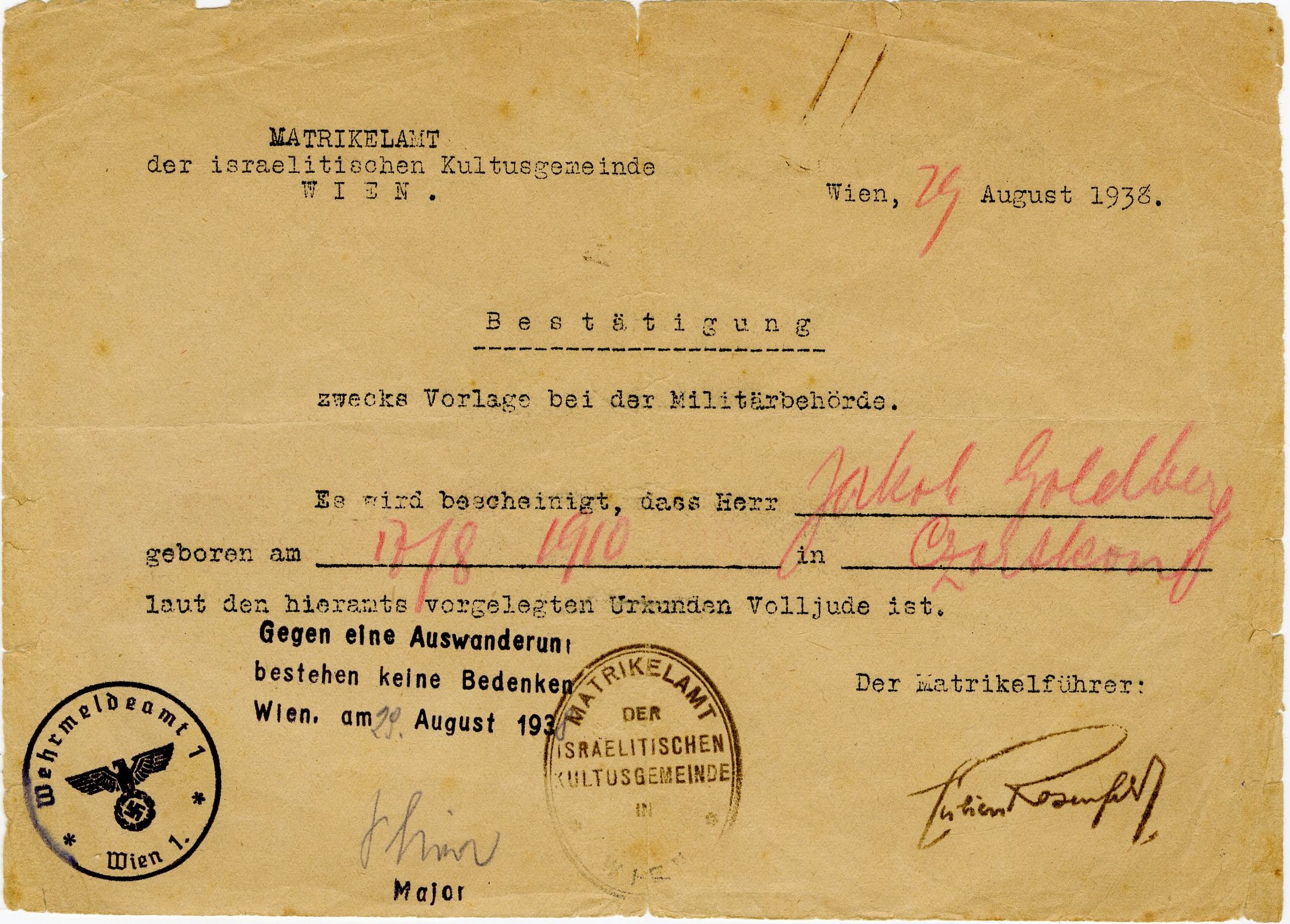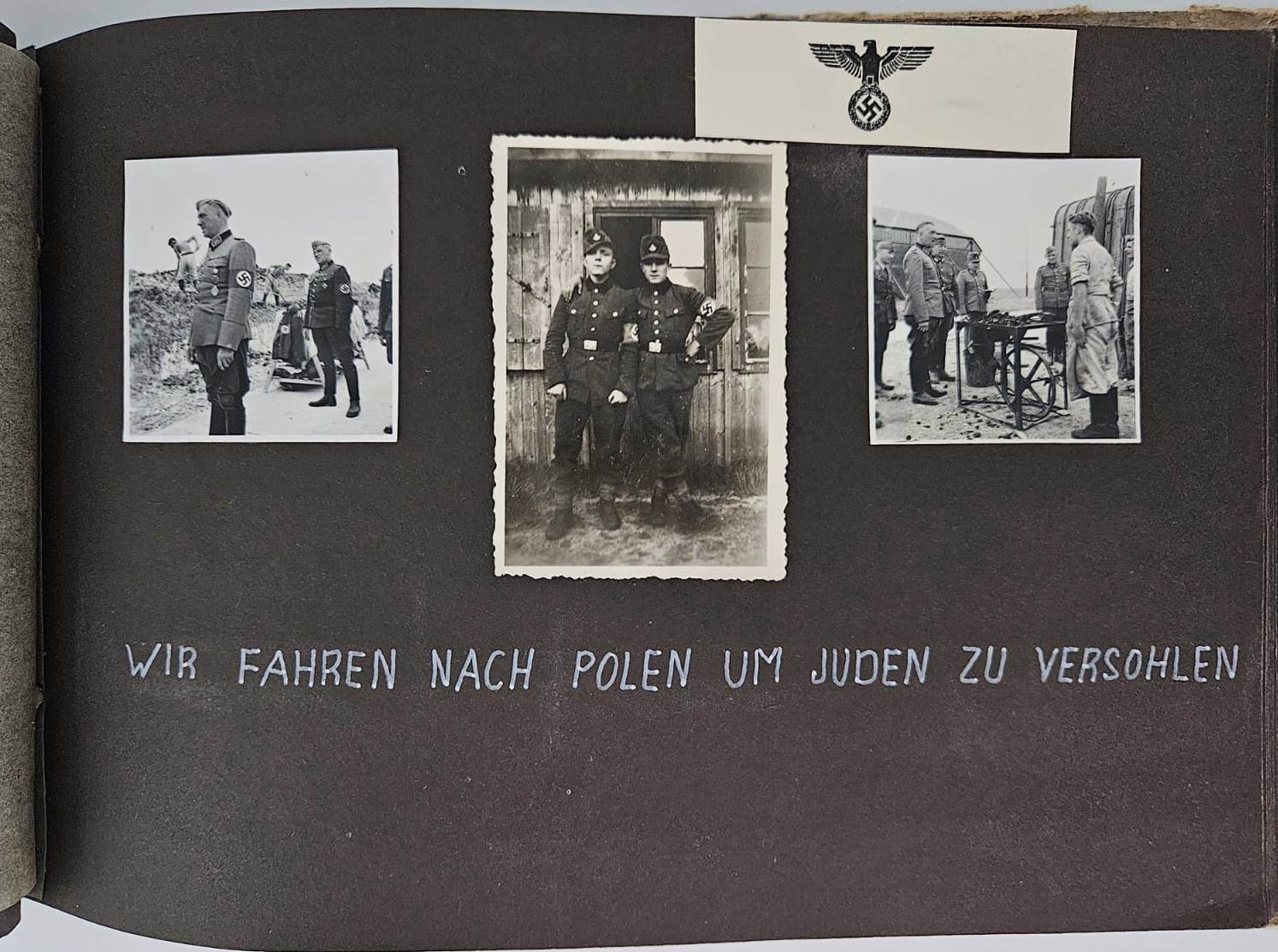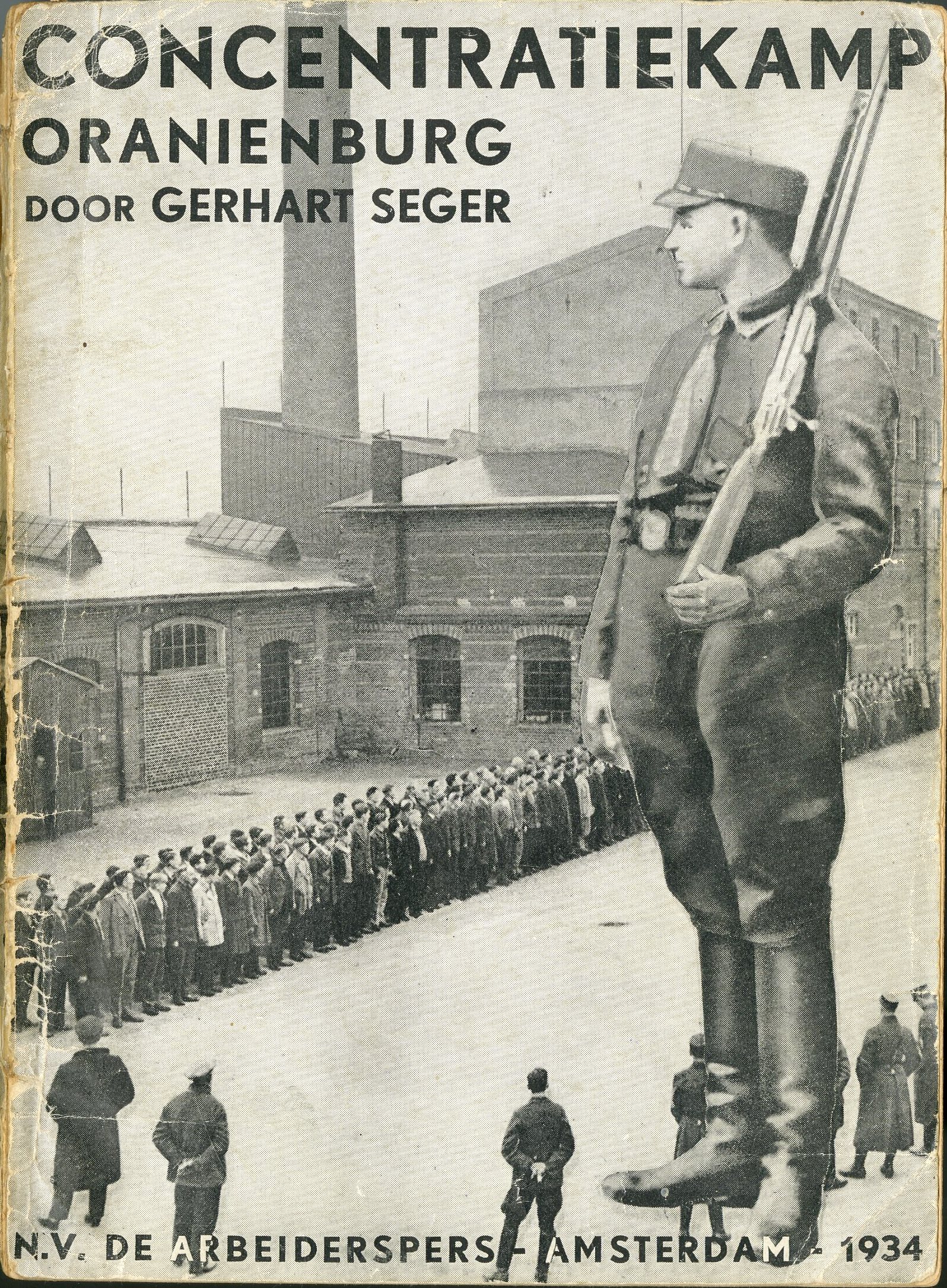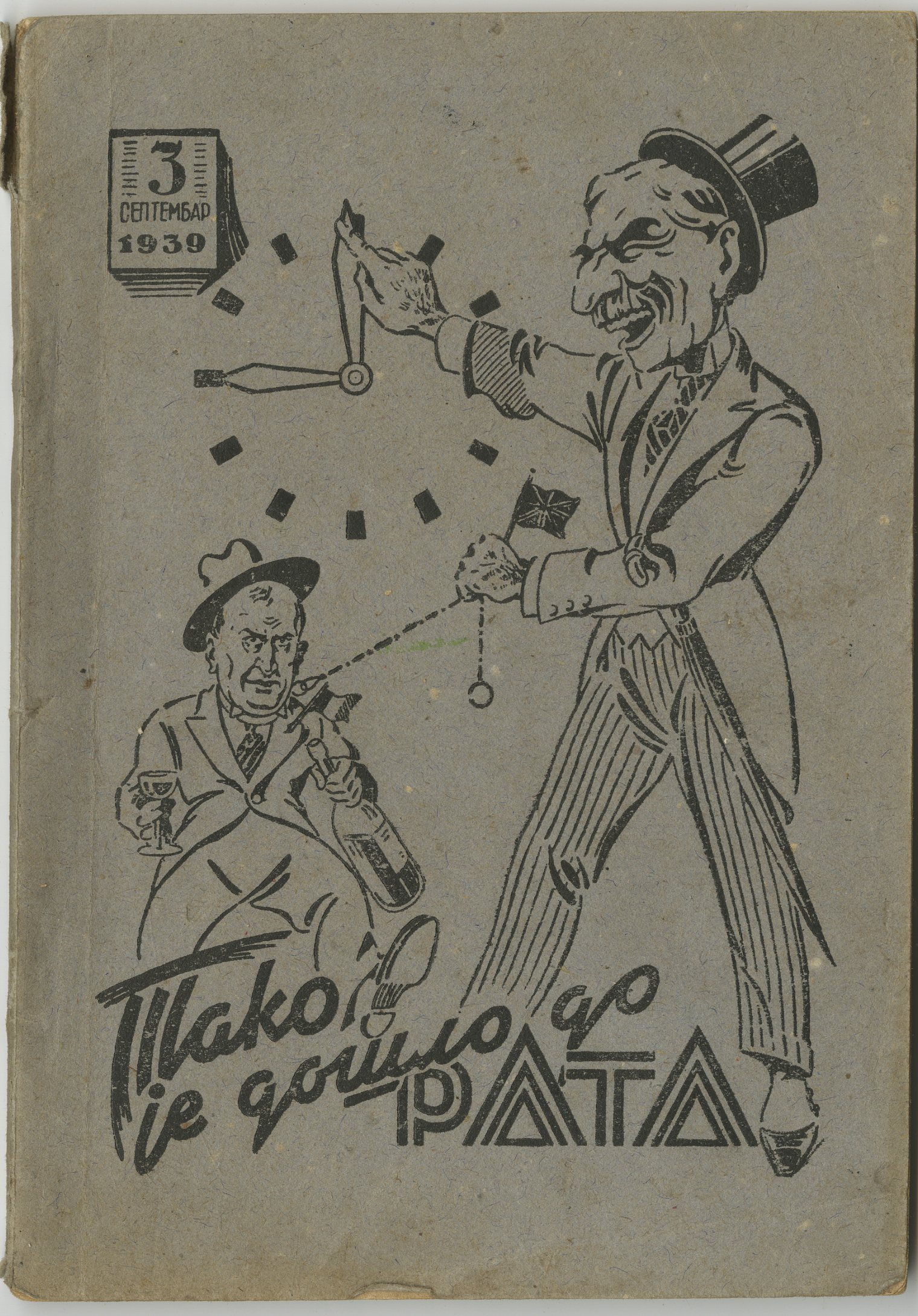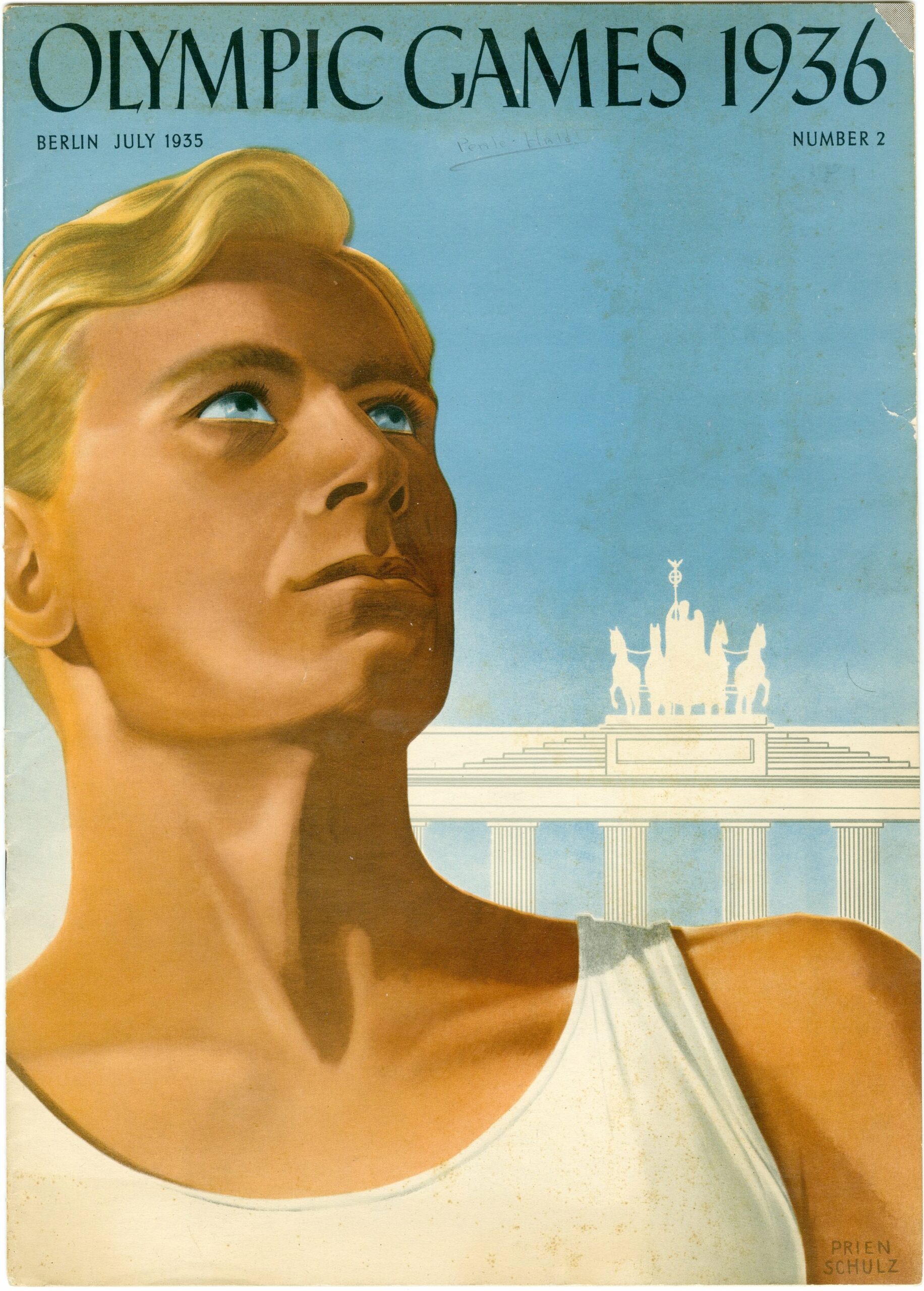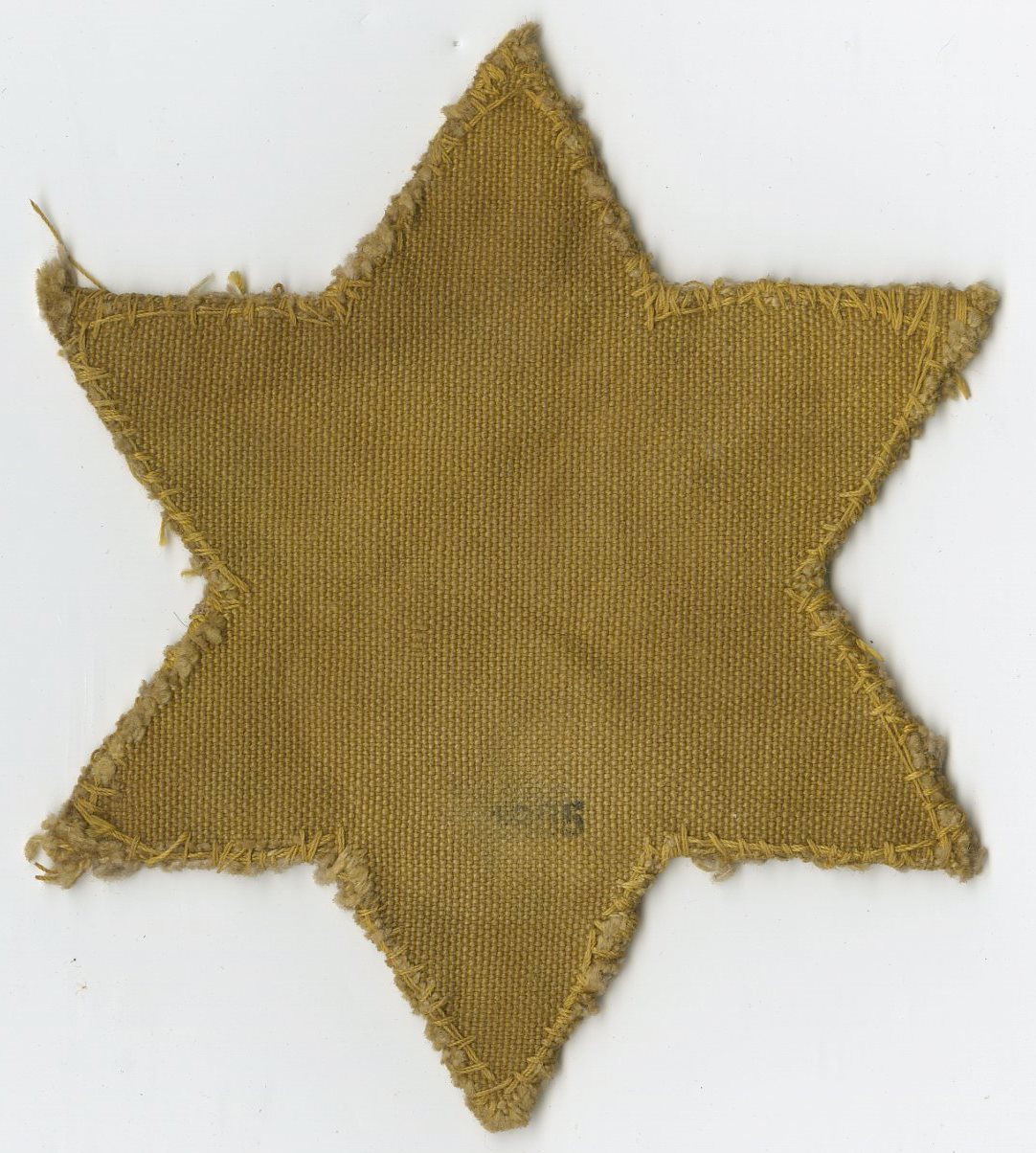Large yellow pin with a Star of David, and the inscription: "Niederkirch 1940" - in memory of the Jewish victims of the Niederkirch (Dolna) camp.
"Niederkirch 1940" refers to the Dolna (formerly Niederkirch) forced labor camp in Upper Silesia during World War II. This camp was part of the Reichsautobahnlager (RAB) system, which used Jewish forced laborers to build highways. The camp was established and managed by the Schmelt Organization (an SS Nazi organization that managed a system of forced labor camps with mainly Jewish prisoners). It originated in late 1940 in Eastern Upper Silesia, but its camps were later established in the Sudetenland and other areas. The camp operated until 1943, when the prisoners were taken to the Auschwitz and Gross-Rosen concentration camps.
In Niederkirch and similar camps, Jewish prisoners from various places in Europe, including France, the Netherlands and Poland, were subjected to harsh conditions and forced to perform grueling labor. These camps were not initially intended as extermination sites, but the conditions were brutal, and many prisoners suffered from extreme malnutrition, overwork and abuse. There are some survivor testimonies of Jewish prisoners in Niederkirch, one of them is the testimony of Josef Slaim who arrived at the camp in early 1940, he describes how the situation of the prisoners gradually deteriorated with the construction of fences and increased restrictions.
Niederkirch was the name given by the Nazis to Dolna as part of the change of names from Polish names to German names, in order to obscure any trace of the original Polish origin of the places. On July 16, 1938, more than 1,500 place names in East Prussia were changed, following a decree issued by the Nazi ranks called Gauleiter - the third highest rank in the Nazi political leadership, and the name changes were managed by Erich Koch (Gauleiter of the Nazi Party (NSDAP) in East Prussia from October 1, 1928 to 1945) at the initiative of Adolf Hitler. Most of the affected names were of old Prussian, Lithuanian and Polish origin; they were eliminated, Germanized or abstracted. Similar geographic name changes also occurred in other parts of Nazi Germany. After World War II, the Polish place names that were changed by the Germans were determined by the Commission for the Determination of Place Names, while the names invented in 1938 are still in official use in Germany.
Diameter: approximately 6 cm. Minor stains. Good condition.

